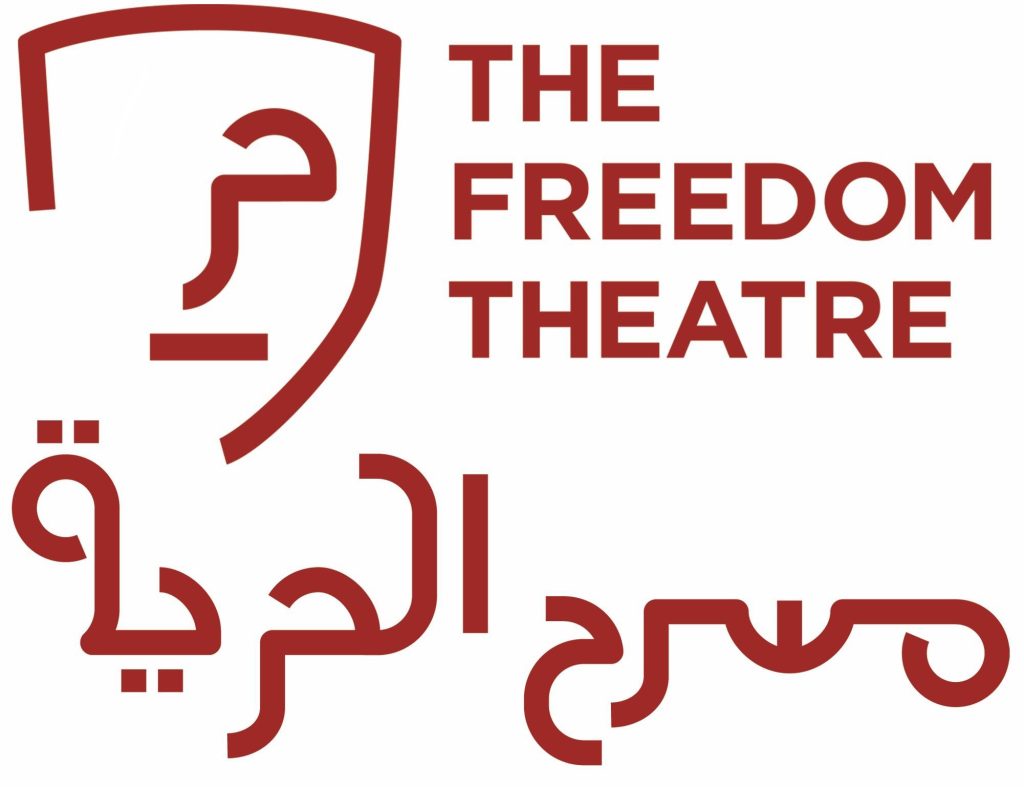On October 12, The Siege opened to a full house at NYU’s Skirball Center for the Performing Arts in New York City. It was, in the words of Aviva Stahl in The Village Voice, “a momentous cultural occasion: the entrance of a Palestinian theatre company onto the New York stage, performing a Palestinian work that hinges on the voices and political perspectives of Palestinian people.”
For the first time in decades on a US stage, Palestinians present their reality. As expected, The Siege stirred controversy before it even entered the stage, with online campaigns mounted against both The Freedom Theatre and NYU Skirball, unsuccessfully pressuring the university to cancel performances. Nevertheless, The Siege has been praised by audience and critics alike. Ryan Leeds writes in Manhattan Digest: “To create art from a place of destruction and despair is perhaps one of the most inspiring things I can imagine. Theatre often speaks the language of understanding that ordinary human communication cannot. Nothing supports this belief more than the work produced by [The] Freedom Theatre.” Max McGuinness, Financial Times, calls The Siege “a work of raw theatrical power”. Read more about The Siege and find a full list of reviews.
Each performance of The Siege is accompanied by a post-show conversation with cast members, directors and an engaging array of artists, activists and academics, including Palestinian musician Shadia Mansour, New York Theatre Workshop’s Linda Chapman, Tony Award-nominated actress Kathleen Chalfant, Samer Al-Saber of FSU’s School of Theatre, Ari Roth, Mosaic Theater Company, Tony and Pulitzer Prize-winning author Tony Kushner and Oskar Eustis, Artistic Director of The Public Theater.
When the run ends on October 22, over 3,500 people will have seen The Siege. We are deeply honoured that so many people in New York step up to insist that Palestinian voices must be heard!
There are still some tickets available for the last performances of The Siege! Get your tickets online or call (212) 998-4941.
“The Siege does exactly what great art should: It destabilises and upends the fundamental assumptions that shape our moral and political world. It’s uncomfortable, and it should be.” Aviva Stahl, The Village Voice
